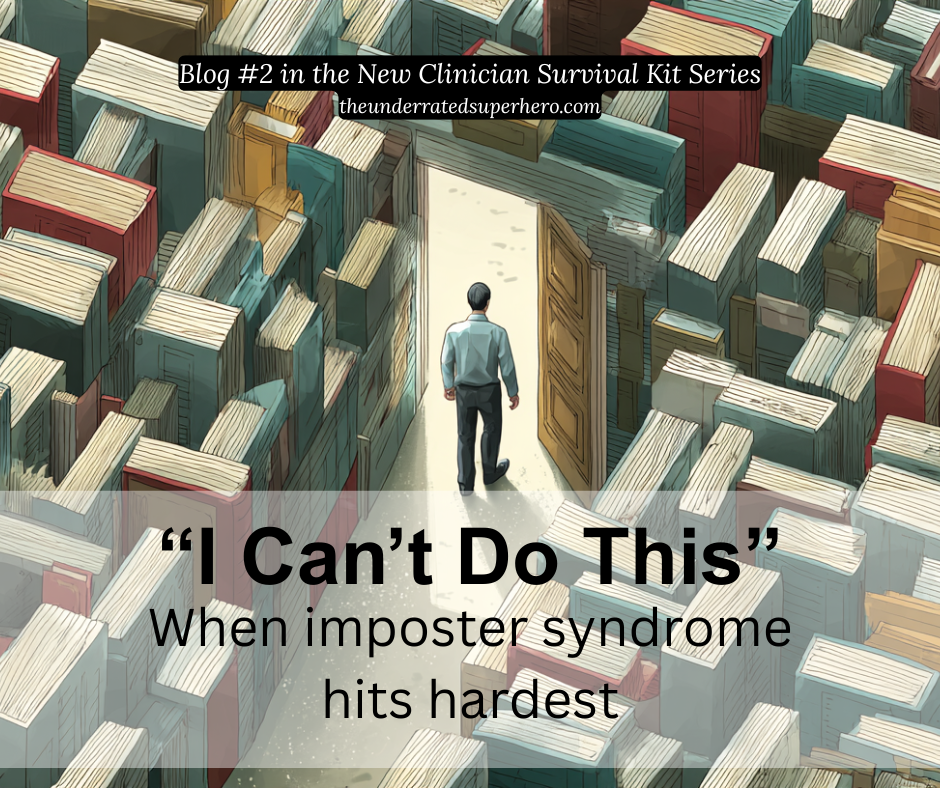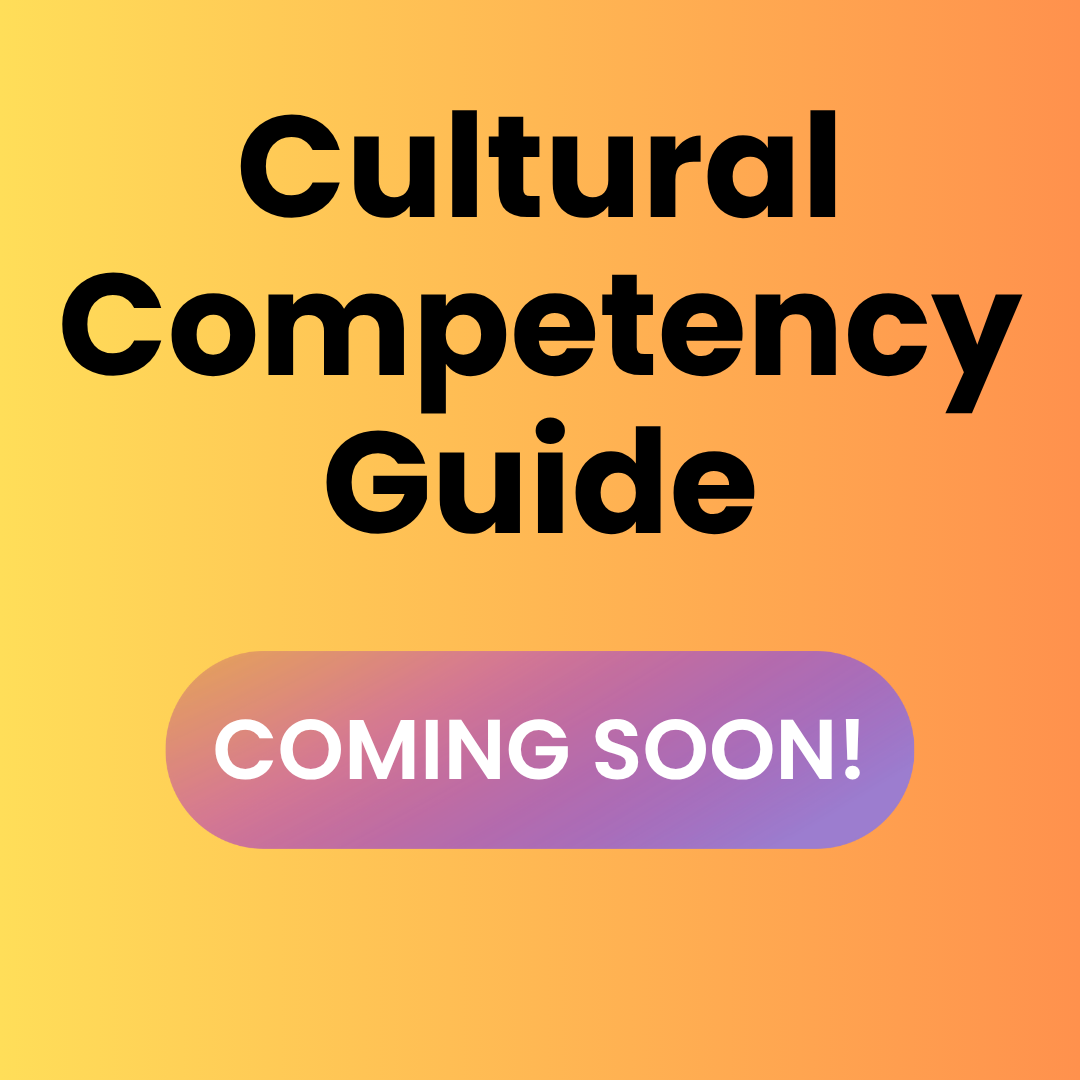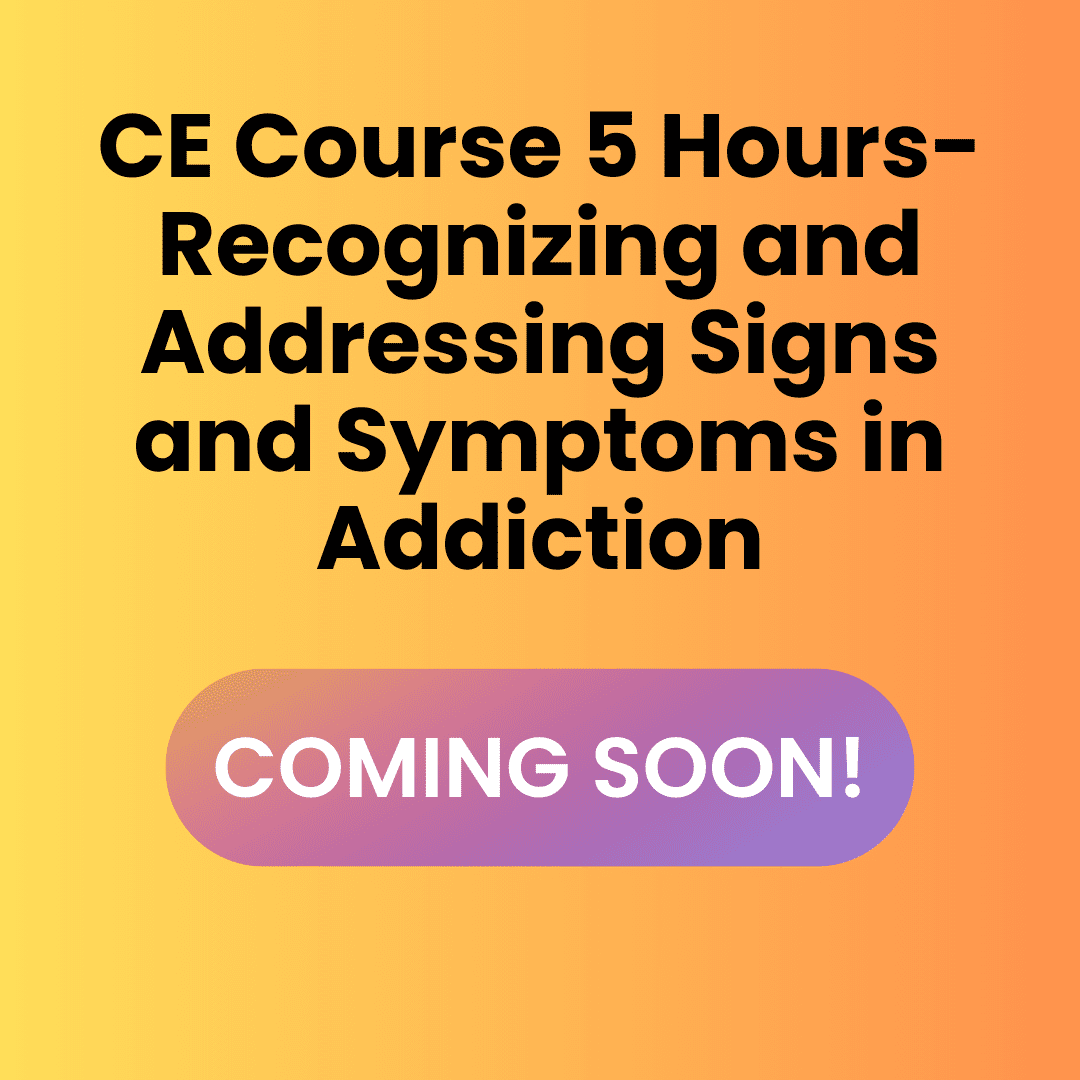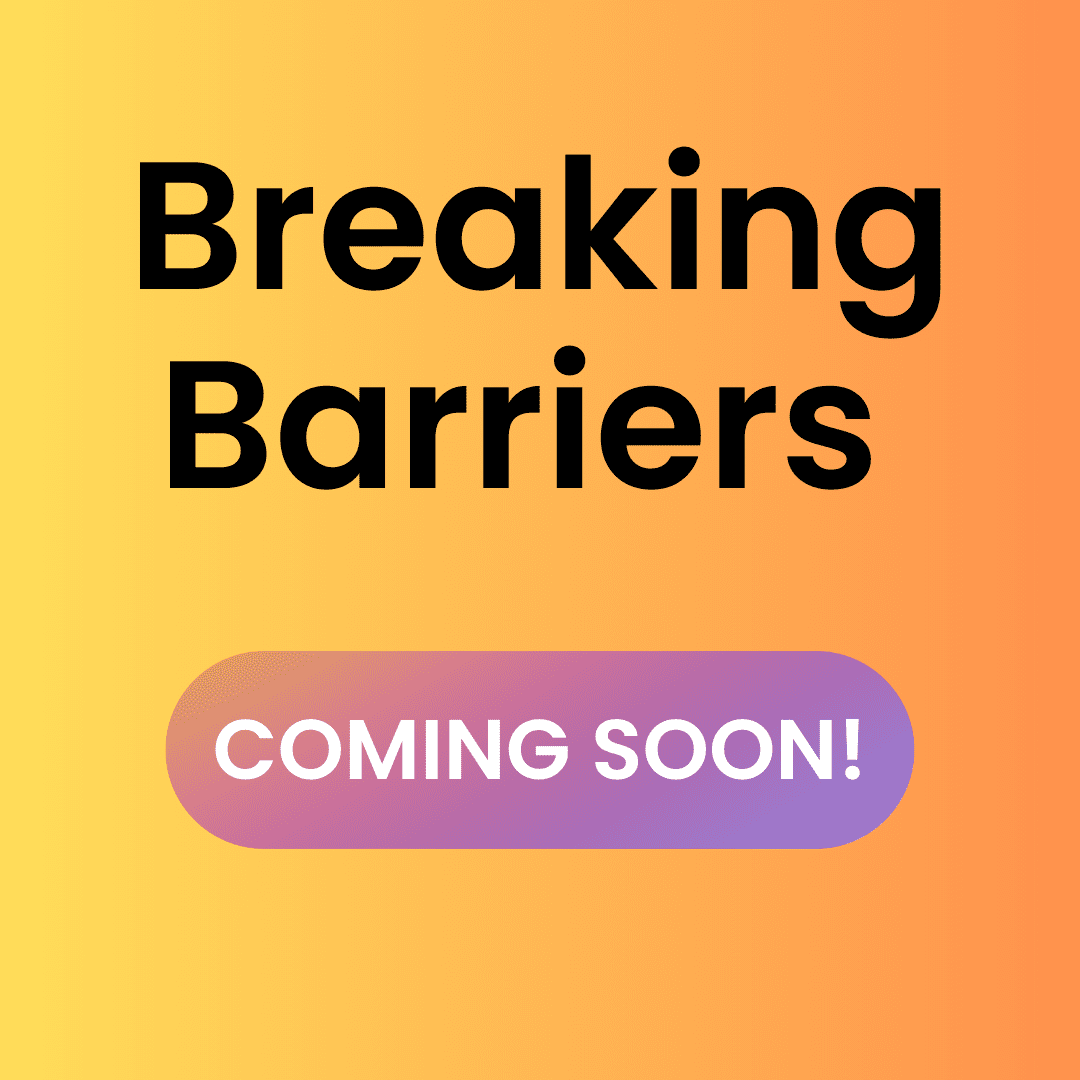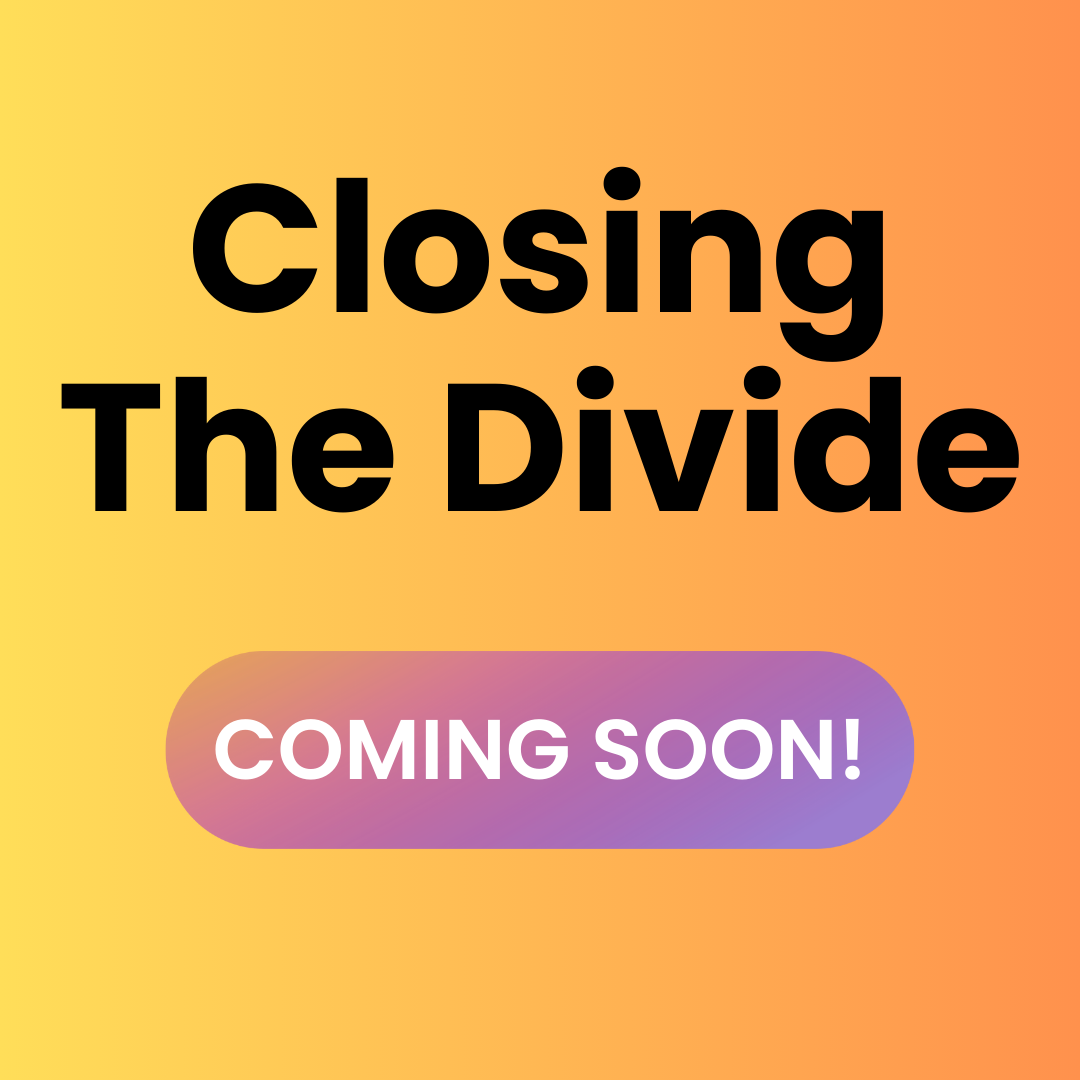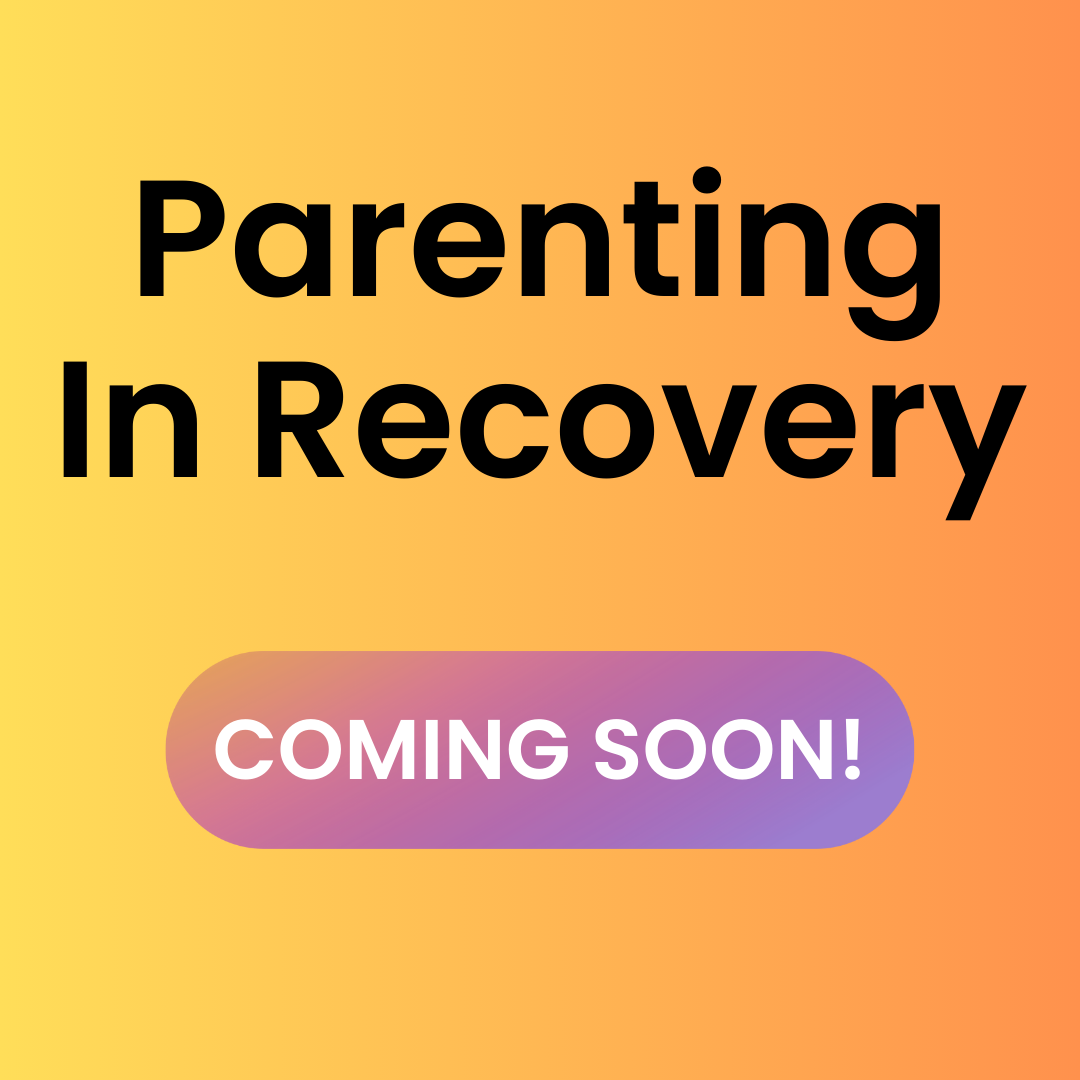Blog #2 in the New Clinician Survival Kit Series (New Therapist Overwhelm)

“I can’t do this.” – Imposter syndrome for therapists
If you’ve never had this thought as a clinician, you’re either lying or you haven’t been practicing long enough. The rest of us know this voice intimately – it shows up after difficult sessions, during sleepless nights, and especially when clients we care about don’t make it.
Look, I used to say those words constantly, especially when clients had setbacks or poor retention rates. This kind of new therapist overwhelm wasn’t just about clinical outcomes. It was about navigating systems that seemed designed to work against both me and the people I was trying to help.
Last week, I shared how I transformed my relationship with group therapy from dread to passion. But group therapy wasn’t my only struggle. Today, I run a business supporting addiction counselors across the country. I’ve learned something important that I want other clinicians to know. “I can’t do this” often has nothing to do with their competence. It’s about the impossible situations we’re expected to navigate alone.
When New Therapist Overwhelm Begins with Loss

The breaking point came after losing several clients over the course of my work – some current, others from my caseload who died months or years later. Each death hit like a personal failure. The grief was overwhelming, but worse was the voice in my head cataloging everything I should have done differently.
I didn’t understand something crucial then. New therapist overwhelm in addiction treatment comes with unique challenges. Research shows addiction has higher fatality rates than many diagnoses, which means we experience more client loss than most mental health professionals. We carry grief that our colleagues often can’t relate to, making us feel even more isolated in our struggles.
I would replay sessions endlessly: Had I said the right things? Pushed too hard? Not pushed hard enough? The weight of each loss accumulated until “I can’t do this” became my default response to any challenge.
When Systems Fail, New Therapist Overwhelm Intensifies
The client losses were devastating, but they weren’t the only source of my self-doubt. Anger and resentment grew from witnessing systemic inequality and barriers that directly harmed the people I was trying to serve.
Running a women’s group at the local jail became impossible to continue. The decision to stop wasn’t because of the women, but because of the awful treatment by the staff. Watching how the women were spoken to and treated became unbearable. Participation in a system that dehumanized the very people I was supposed to be helping felt wrong..
Honestly, the schools were even worse. They were incredibly political environments with bureaucratic hurdles that seemed designed to prevent rather than facilitate help for the kids who needed it most. So many attempts to advocate for a student met with resistance, paperwork, and delays while kids continued to struggle.
In both settings, I began to internalize these systemic failures as personal inadequacies. If I were a better clinician, surely, I could find ways around these barriers. If I were more skilled, more persistent, more something, I could make these broken systems work.

The Moment Everything Shifted
The shift came during a Zoom staff meeting with my peers and the director of behavioral health at my workplace. They were discussing ways to increase morale, and I decided to speak up about something that had been bothering me for months.
I explained my frustration with the glass ceiling that substance use counselors faced at our organization. Why did advancement opportunities and supervisory positions consistently go to mental health professionals while substance use counselors remained stuck in direct service roles?
The director’s response revealed everything. He seemed surprised by the question and, in his ignorance, suggested that substance use counseling was “just a stepping stone to mental health.”
I challenged that perspective immediately. What kind of message does that send to our field? What does it communicate to clients struggling with addiction when we treat their primary treatment providers as second-class professionals? Maybe this devaluation of SUD work is one of the reasons we have an opioid crisis in America.
That moment crystallized everything for me. The problem wasn’t that I couldn’t do this work. The problem was a system that systematically devalued the work itself.

Overcoming New Therapist Overwhelm Through Systemic Understanding
The revelation that my struggles weren’t personal failings but systemic issues changed everything. When retention rates were poor, I started asking different questions. What barriers are clients facing that I can’t control? When I felt overwhelmed by impossible caseloads, I recognized: This isn’t sustainable for anyone, regardless of skill level.
Stepping away from the jail wasn’t abandoning those women – it was recognizing that staying in a toxic environment would compromise my ability to provide ethical care anywhere. Sometimes “I can’t do this” isn’t about your clinical skills. It’s about recognizing when a system is so dysfunctional that staying would damage your capacity to serve the profession long-term.
The isolation I felt among mental health colleagues who didn’t understand the unique challenges of SUD work wasn’t a reflection of my inadequacy. It was evidence of how segmented our field has become, leaving addiction counselors to navigate complex grief and systemic barriers without adequate support.
From Personal Struggle to Systemic Solutions

Understanding that my struggles were largely systemic rather than personal didn’t eliminate the challenges, but it fundamentally changed how I approached them. Instead of asking “What’s wrong with me?” I started asking “What’s wrong with this system, and how can we fix it?”
This shift led me to leave direct clinical practice and focus on addressing the workforce shortage in addiction treatment, which SAMHSA identifies as a critical national need. Now I’m building comprehensive support for addiction counselors through trainings, blogs, webinars, and community building – with mentorship programs and networking opportunities launching soon. All specifically designed to support addiction counselors who face the unique challenges I once navigated alone.
The goal isn’t just to help individual clinicians survive – it’s to keep skilled professionals in the field long enough to serve the populations who desperately need them. When we lose good clinicians to burnout, clients lose access to care. When we fail to support our workforce, we perpetuate the very problems that led to the current crisis.
Your Path Through New Therapist Overwhelm
If you’re reading this and experiencing new therapist overwhelm, start by asking yourself: Is this about my clinical competence, or about the impossible conditions I’m expected to navigate?
Sometimes the answer will be both. We all have skills to develop and knowledge gaps to fill. But often, the answer will reveal that you’re trying to succeed in systems designed for failure, serve populations with inadequate resources, or carry burdens that no individual should bear alone.
When clients don’t improve despite your best efforts, consider the barriers they face outside your office. Feeling overwhelmed by your caseload? The problem might be staffing ratios, not your efficiency. That sense of isolation in your struggles reflects something common to SUD professionals – something your mental health colleagues may not understand
Setting boundaries with harmful environments isn’t giving up – it’s professional self-preservation. Leaving toxic workplaces doesn’t mean abandoning your clients; it means preserving your ability to serve the field sustainably.
Building Something Better

I’m now able to do more for people struggling with SUDs than I ever could through individual and group therapy alone. By training more staff and keeping addiction counselors in the field, I’m creating a multiplying effect that reaches far more people than direct service ever could.
This work addresses root causes rather than just symptoms. When we support clinicians, retain workforce, and challenge systemic devaluation of SUD treatment, we create conditions where clients can receive the care they deserve.
Your struggles with “I can’t do this” aren’t evidence of your inadequacy. They’re evidence of your humanity in the face of inhumane systems. The question isn’t whether you can do this work – it’s whether we can build systems that actually support both clinicians and clients.
Ready for more support? This is exactly why the New Clinician Survival Kit series exists – to help you navigate these challenges with community rather than in isolation. Follow me on Pinterest for ongoing inspiration and remember: if I could transform “I can’t do this” into meaningful systemic change, there’s hope for your journey too.
Welcome to the New Clinician Survival Kit series. Every week, we’ll tackle those brutal thoughts every clinician has. I’m launching physical survival kits soon.
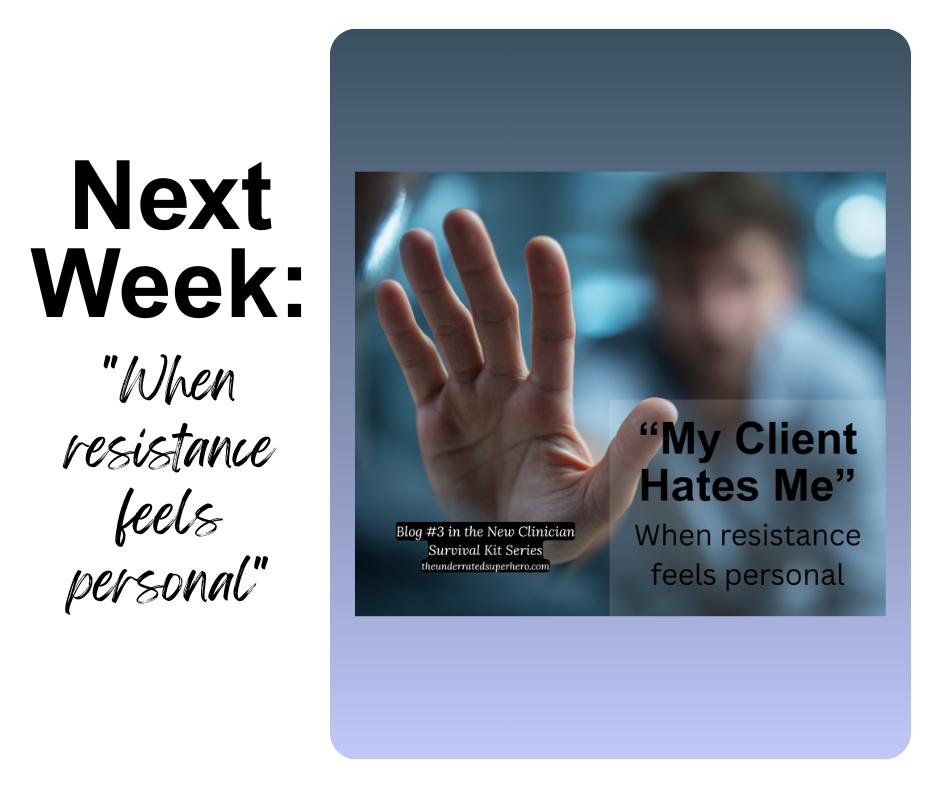
Next week: We’ll tackle another brutal truth that every clinician faces. Until then, be patient with yourself as you navigate the beautiful, heartbreaking, impossible, essential work of helping people heal.
Stay Strong | The Underrated Superhero
Previous posts in the New Clinician Survival Kit Series:
Week 1: I Hate Group Therapy: How I Went from Dreading sessions to Loving Them

